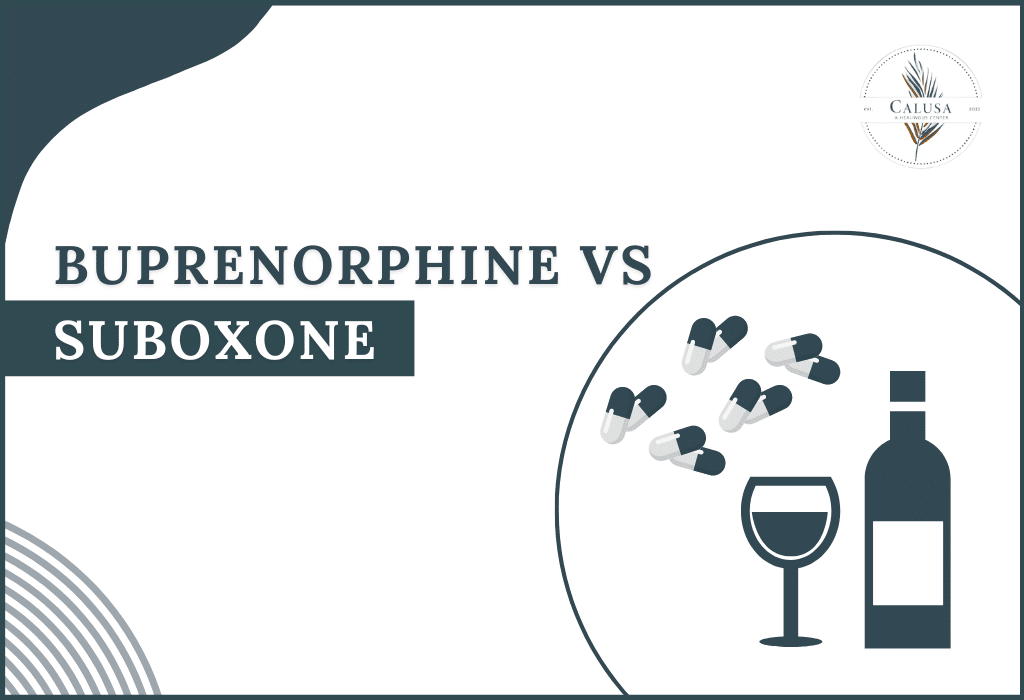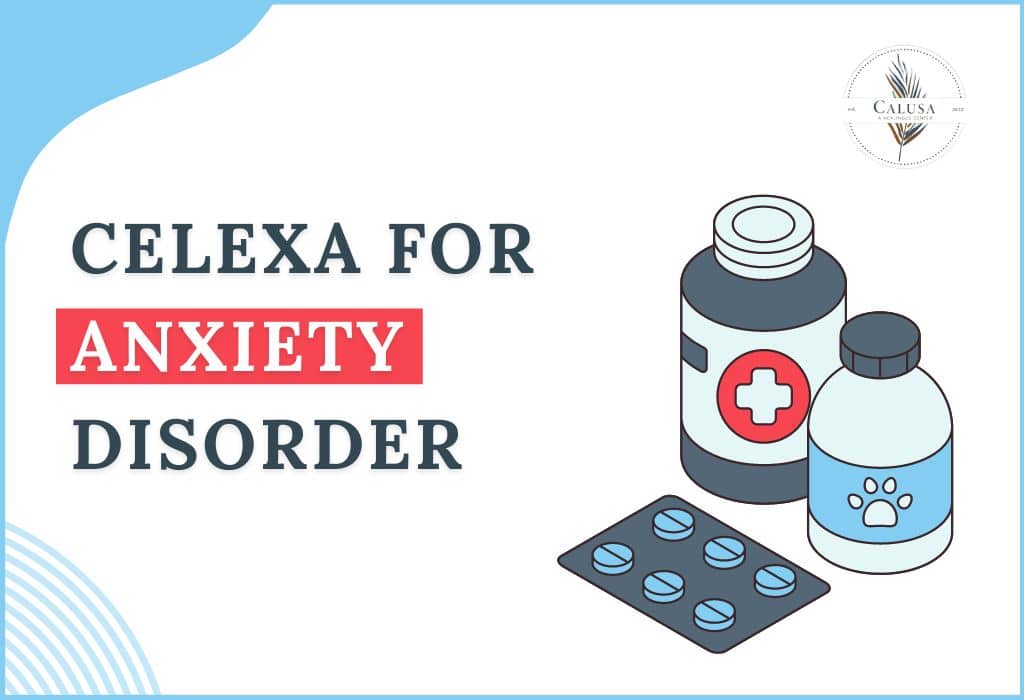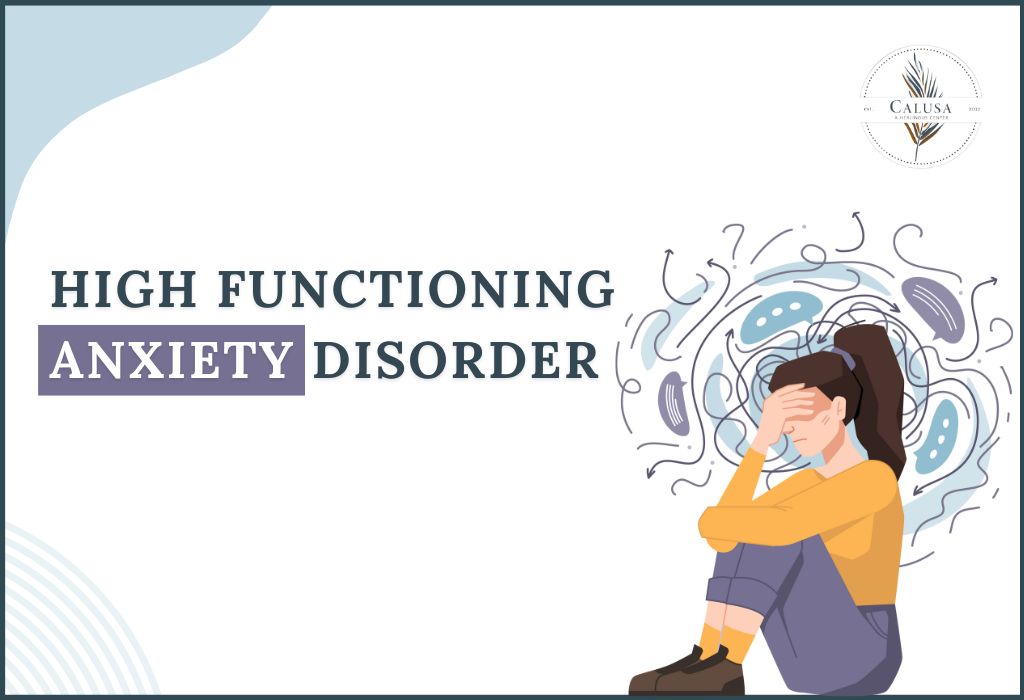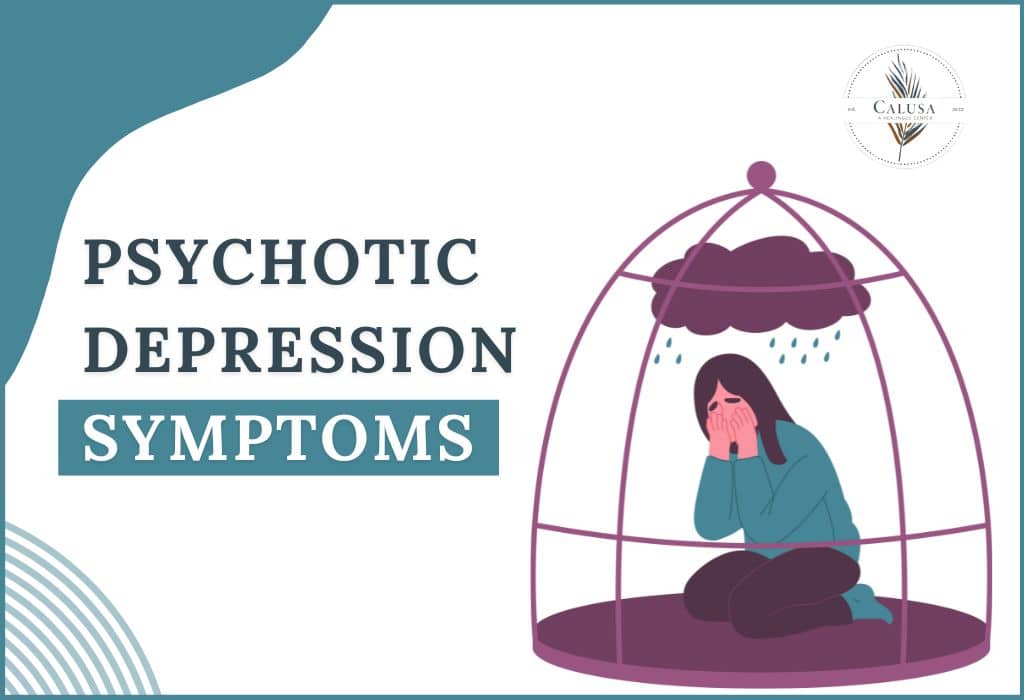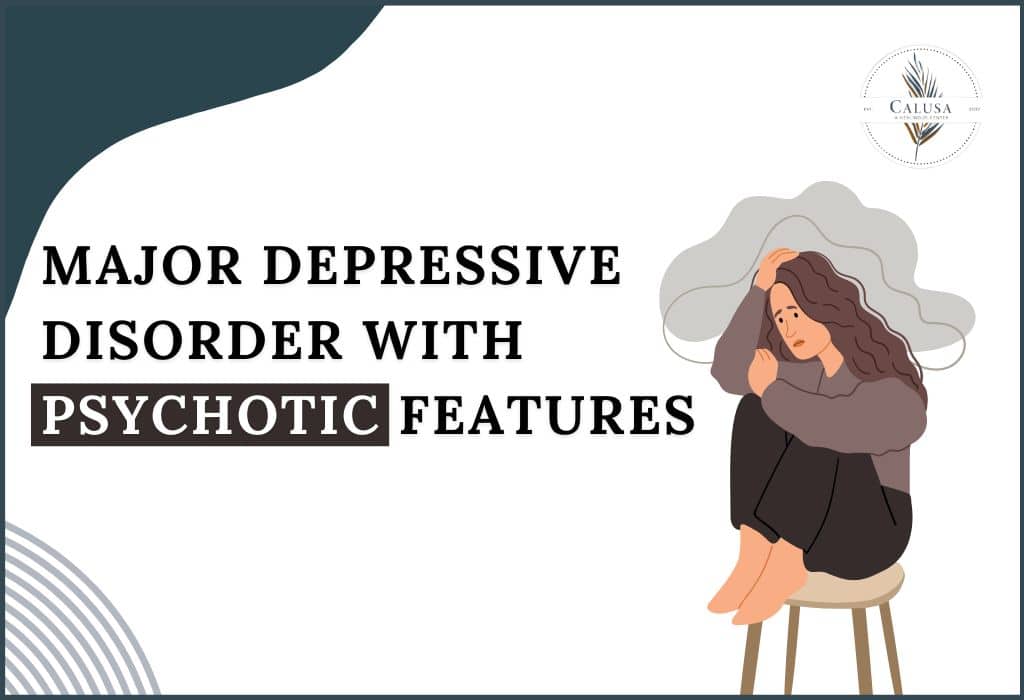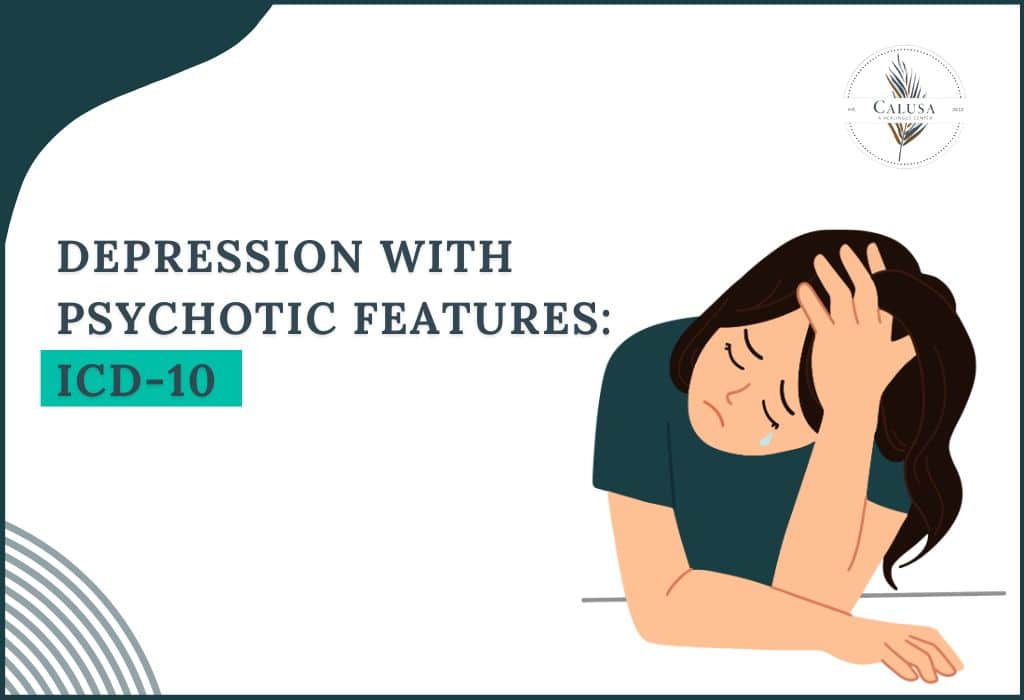Schizophrenia emerges as a significant mental ailment. The impact of schizophrenia on patients, their familial circles, and the larger societal fabric mirrors the global landscape. In our detailed exploration of schizophrenia treatment guidelines, Whether you or your loved one has encountered a diagnosis of schizophrenia, navigating through the tangle of treatment options is all-important for symptom management and enhancing the standard of life.
Schizophrenia stands as a critical mental health challenge, impacting the mental, emotional, and behavioral spaces of an individual’s existence. Studying the pattern of treatment methodologies and getting along with the most suitable approach for each person can be a difficult task. These guidelines furnish evidence-based directives, serving as a compass for healthcare professionals and patients alike, describing the common treatments informed by cutting-edge research. From pharmacological interventions to psychotherapeutic modes and psychosocial interventions, the guidelines span a spectrum of approaches precisely designed to indulge the distinguishing needs of each individual coping with schizophrenia.
Within the bounds of this blog, we shall dive deep into these guidelines, probing the various treatment alternatives, clarifying their advantages and potential impacts, and explaining their adaptability to the individual. Armed with an understanding of schizophrenia treatment guidelines, you will be agreed to actively participate in your treatment process and make cautious decisions concerning your well-being.
Choice of treatment

The significance of evidence-based treatment for schizophrenia is profound. Unlike intuitive methods, it relies on rigorous scientific research to deliver proven interventions, ensuring better outcomes and improved quality of life. Healthcare providers can customize treatment plans confidently, reducing the risk of ineffective or harmful approaches. This promotes transparency and accountability, molding confidence in patients and their families. Ultimately, evidence-based treatment represents a commitment to excellence, advancing our understanding and fostering better outcomes for individuals with schizophrenia.
Key principles of schizophrenia treatment

The key principles of schizophrenia treatment guidelines revolve around a thorough and overall approach aimed at managing symptoms and upgrading overall well-being. These principles include
- Early Intervention: Prompt diagnosis and treatment initiation are crucial for improving long-term outcomes and minimizing the impact of schizophrenia on individuals’ lives.
- Multimodal Treatment: Combining pharmacotherapy (medication) with psychotherapy, psychosocial interventions, and support services ensures a universal approach to addressing the diverse needs of individuals with schizophrenia.
- Individualized Care: Treatment plans should be customed to each person’s unique symptoms, preferences, and circumstances to optimize effectiveness and promote engagement in treatment.
- Long-term Maintenance: Schizophrenia is a chronic condition that often requires ongoing treatment and support to manage symptoms and prevent relapse. Long-term maintenance strategies, including medication adherence and regular monitoring, are essential for sustained recovery.
- Collaborative Care: Effective schizophrenia treatment guidelines involve collaboration among healthcare providers, mental health professionals, family members, and the individual affected by the condition to ensure coordinated and combined care.
- Education and Support: Providing education about schizophrenia and its treatment, as well as offering support services for individuals and their families, helps promote understanding, coping skills, and defense in managing the challenges associated with the condition.
- Continuity of Care: Seamless transitions between different levels of care, such as inpatient, outpatient, and community-based services, facilitate continuity of treatment and support, reducing the risk of gaps in care and improving outcomes.
By maintaining these key principles, healthcare providers can deliver effective and empathetic care that addresses the complex needs of individuals with schizophrenia, ultimately promoting recovery, resilience, and quality of life.
Medication options for schizophrenia
Medication plays a central role in the treatment of schizophrenia and can effectively manage symptoms. Here are some common medication options:
- Antipsychotics (also known as neuroleptics): These medications are the cornerstone of schizophrenia treatment. They work by blocking dopamine receptors in the brain, helping to reduce hallucinations, delusions, and other psychotic symptoms. There are two main types of antipsychotics:a. First-generation (typical) antipsychotics: Examples include haloperidol, chlorpromazine, and fluphenazine. These medications are effective in treating positive symptoms but may have more side effects such as movement disorders.
b. Second-generation (atypical) antipsychotics: Examples include clozapine, risperidone, olanzapine, quetiapine, and aripiprazole. These medications are also effective in treating positive symptoms and may have fewer movement disorders but can cause weight gain and metabolic side effects.
- Long-acting injectable antipsychotics: These medications are administered via injection and provide a sustained release of the medication over several weeks. They are particularly useful for individuals who have difficulty adhering to oral medication regimens.
- Adjunctive medications: In some cases, other medications may be prescribed alongside antipsychotics to manage specific symptoms or side effects. These may include antidepressants, mood stabilizers, or medications to address anxiety or sleep disturbances.
It’s important for individuals with schizophrenia to work closely with their healthcare provider to find the most effective medication regimen with the fewest side effects. Medication management should also include regular monitoring for efficacy and potential side effects, as well as adjustments to the treatment plan as needed. Additionally, medication should be combined with other treatment modalities such as therapy and psychosocial interventions for comprehensive care.
Psychotherapy approaches for schizophrenia

Psychotherapy is an essential component of schizophrenia treatment, often used in conjunction with medication to address various aspects of the condition. Here are some psychotherapy approaches commonly utilized for schizophrenia
- Cognitive Behavioral Therapy (CBT): Focuses on identifying and changing negative thought patterns and behaviors associated with symptoms.
- Family Therapy: Involves educating and supporting family members to improve communication and understanding, reducing stress for both the individual and their family.
- Social Skills Training: Helps individuals develop effective communication and interpersonal skills to navigate social situations more successfully.
- Supportive Therapy: Provides a supportive environment for individuals to express themselves, receive validation, and explore coping strategies.
- Cognitive Remediation: Targets cognitive deficits through exercises and activities designed to improve memory, attention, and problem-solving abilities.
- Assertive Community Treatment (ACT): Offers intensive, team-based support and services tailored to the individual’s needs, promoting recovery and independence in the community.
These psychotherapy approaches can complement medication and other treatments, helping individuals with schizophrenia manage symptoms, improve functioning, and enhance overall well-being.
Supportive therapies for managing symptoms

Supportive therapies are essential for managing schizophrenia symptoms. Here are some effective approaches:
- Psychoeducation: Providing information about schizophrenia, treatments, and coping strategies.
- Symptom Monitoring: Regularly assessing symptoms for early intervention and treatment adjustments.
- Stress Management: Teaching techniques like mindfulness and relaxation to cope with stress.
- Emotional Support: Offering empathy, validation, and encouragement.
- Peer Support Groups: Connecting individuals to share experiences and coping strategies.
- Daily Living Skills Training: Teaching practical skills for independent living.
- Vocational Rehabilitation: Helping individuals find and maintain employment.
- Housing Support: Ensuring stable and supportive housing options.
By incorporating these supportive therapies into the treatment plan, individuals with schizophrenia can better manage their symptoms, improve functioning, and enhance their overall quality of life. It’s important for healthcare providers to work collaboratively with individuals and their families to tailor supportive therapies to their unique needs and preferences.
Lifestyle changes and self-care for individuals with schizophrenia

Lifestyle changes and self-care are crucial for individuals with schizophrenia. Here are key practices:
- Medication Adherence: Following prescribed medication regimens consistently.
- Healthy Diet: Eating nutritious meals to support physical and mental well-being.
- Regular Exercise: Engaging in physical activity to reduce stress and improve mood.
- Adequate Sleep: Prioritizing restful sleep to maintain mental health.
- Stress Management: Using relaxation techniques, such as deep breathing or mindfulness, to manage stress.
- Avoiding Substance Use: Abstaining from alcohol and drugs to prevent worsening symptoms.
- Social Support: Maintaining connections with supportive friends, family, or support groups.
- Pursuing Hobbies: Engaging in enjoyable activities to promote a sense of purpose and fulfillment.
It’s essential to work closely with healthcare providers to develop a personalized self-care plan that meets individual needs and preferences.
The role of family and social support in treatment
Family and social support serve as pillars in the treatment journey of individuals with schizophrenia, providing a multifaceted network of assistance and understanding.
Emotional support from loved ones and peers offers a sense of belonging and acceptance, alleviating the feelings of isolation and loneliness that can often accompany schizophrenia. This support network acts as a source of comfort during difficult times and celebrates achievements, fostering a positive environment conducive to recovery.
Moreover, family members and close friends play a critical role in ensuring medication adherence, which is essential for managing symptoms and preventing relapse. Their encouragement and reminders help individuals stay consistent with their prescribed treatment plans, thereby maximizing the therapeutic benefits of medication.
Challenges and barriers to accessing effective treatment
Accessing effective treatment for schizophrenia faces various challenges:
- Stigma: Misunderstanding and stigma deter individuals from seeking help.
- Lack of Awareness: Limited understanding leads to missed early intervention opportunities.
- Financial Constraints: Costs of medication and therapy can be prohibitive.
- Limited Access to Services: Geographic barriers and shortages of mental health professionals impede timely care.
- Cultural and Linguistic Barriers: Language and cultural beliefs hinder access to appropriate treatment.
- Co-occurring Disorders: Substance abuse complicates treatment.
- Treatment Resistance: Some individuals resist therapy or medication adherence.
- Fragmented Healthcare System: Lack of coordination results in disjointed care.
Addressing these barriers requires reducing stigma, increasing awareness, improving access to affordable care, expanding services, and providing comprehensive support for individuals and families.
Conclusion
Steering the complexities of schizophrenia treatment guidelines requires a multifaceted approach that addresses various aspects of the condition. From evidence-based medication options to psychotherapy approaches, supportive therapies, lifestyle changes, and the crucial role of family and social support, effective treatment encompasses a comprehensive framework aimed at managing symptoms and enhancing overall well-being.
However, numerous challenges and barriers, including stigma, limited awareness, financial constraints, and fragmented healthcare systems, hinder access to effective treatment for schizophrenia. Overcoming these barriers necessitates concerted efforts to reduce stigma, increase awareness, improve access to affordable care, and enhance support services for individuals and their families.
By addressing these challenges and embracing a holistic approach to treatment, we can ensure that individuals with schizophrenia receive the comprehensive care and support they need to lead fulfilling lives and achieve their potential despite the challenges posed by this complex condition.
For more information on guiding schizophrenia treatment guidelines and accessing comprehensive care, consult with a qualified healthcare professional today. Remember, early intervention and a holistic approach are key to managing schizophrenia effectively.




